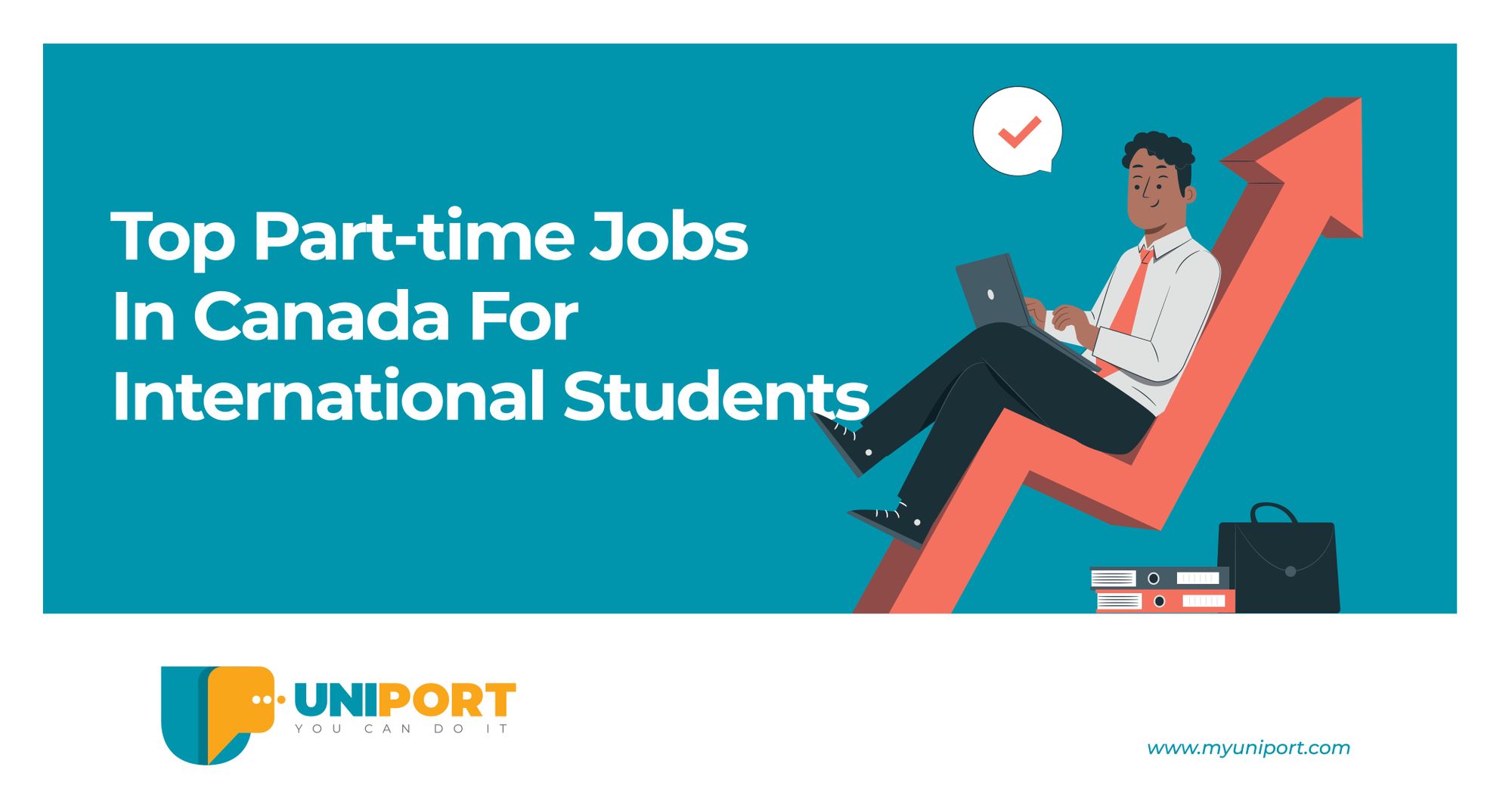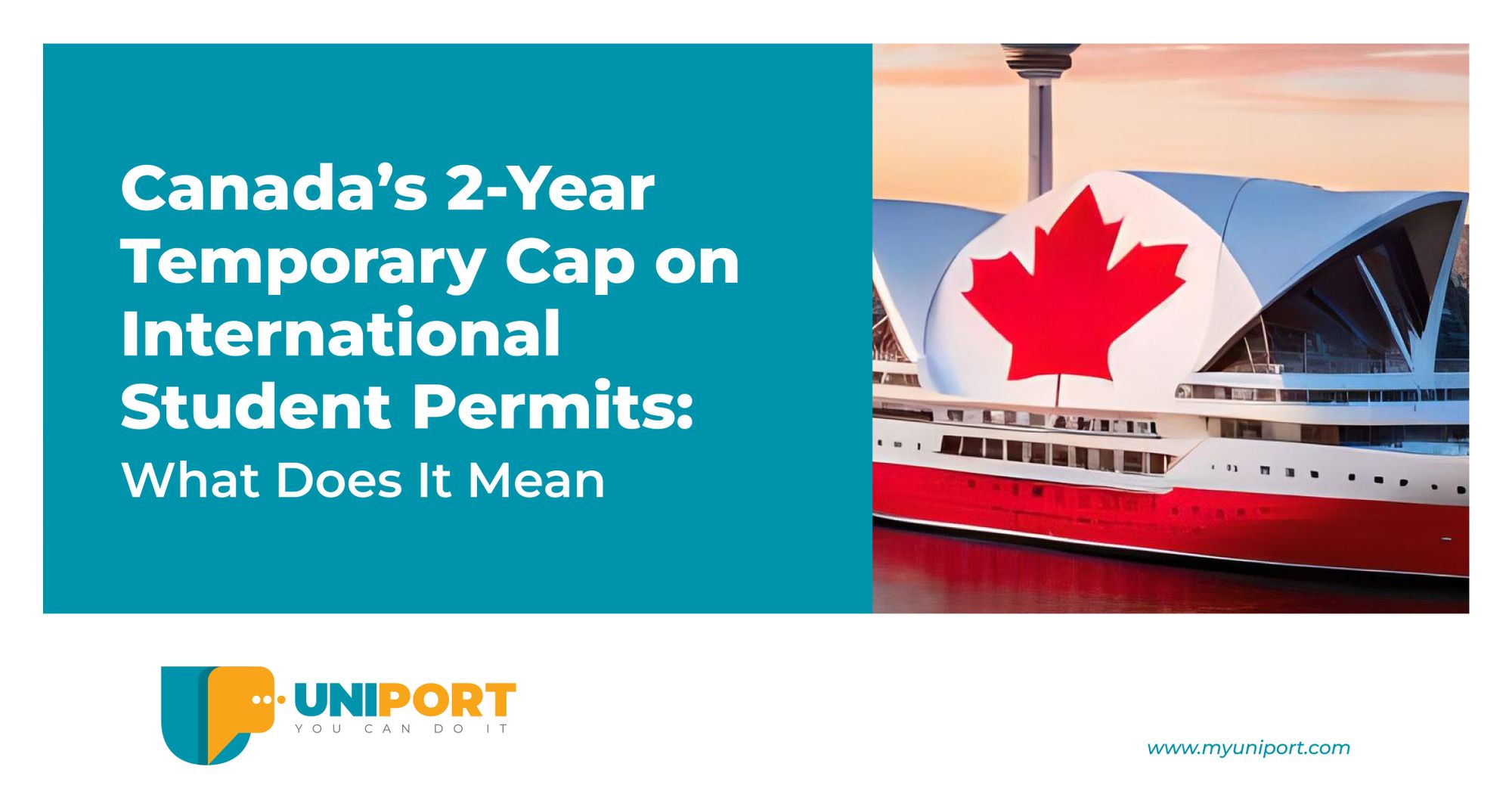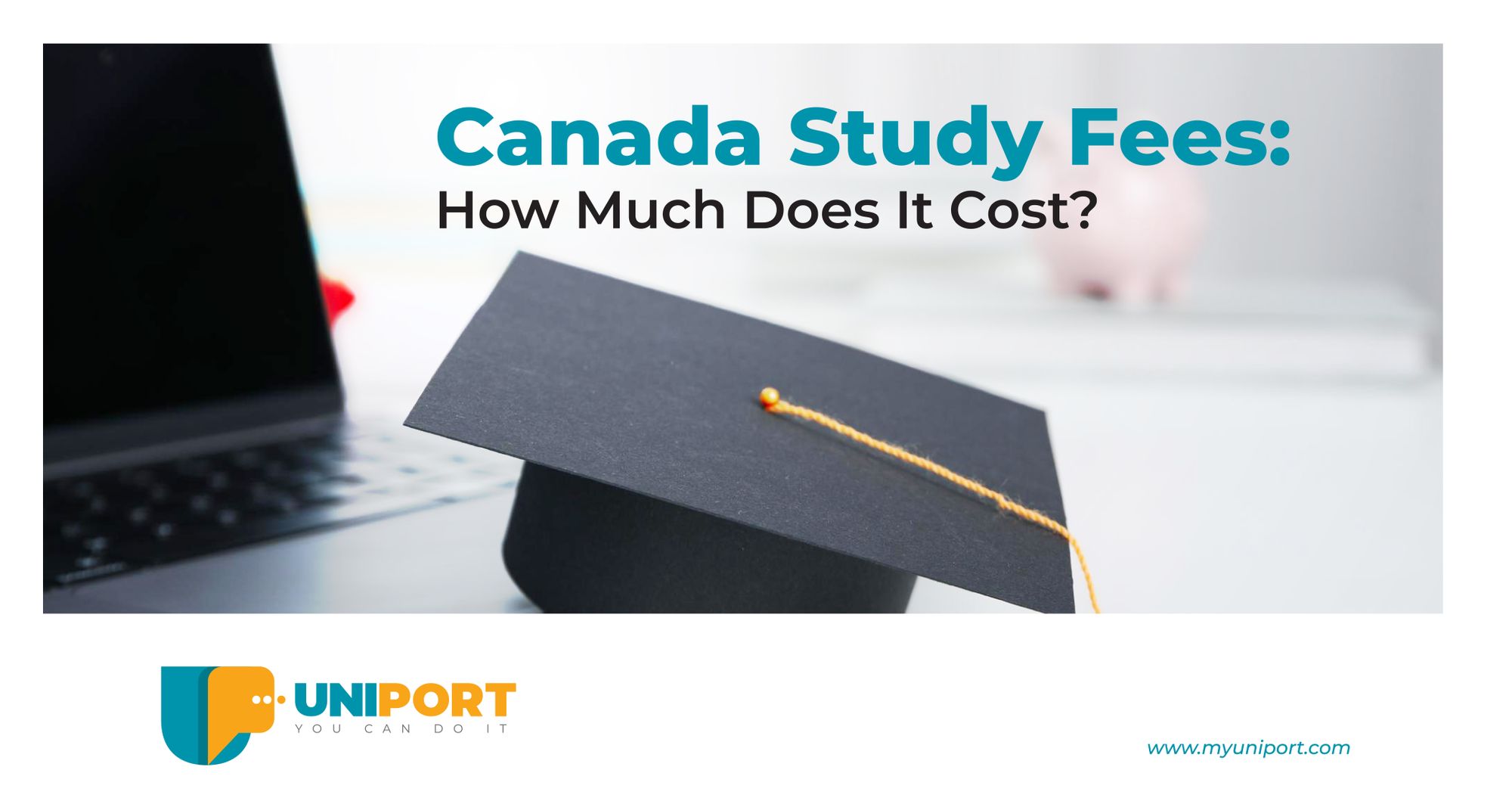The Top Reasons For Student Visa Rejection In Canada
Maybe it’s your missing documents, insufficient funds, or academic performance, not to mention it may also be weak reasonings when it comes to Canadian study visa refusal.
Yes, though the Canadian visa might seem simple at first look but the reason for your rejection can range from a single to multiple bases. In fact, when students think a Letter of Acceptance from a particular university is the most challenging part, it may even be harder to land a student visa.
Hence, to ensure you bag the Canadian student visa, here are some primary reasons for your visa refusal.
Incomplete / Missing Documents
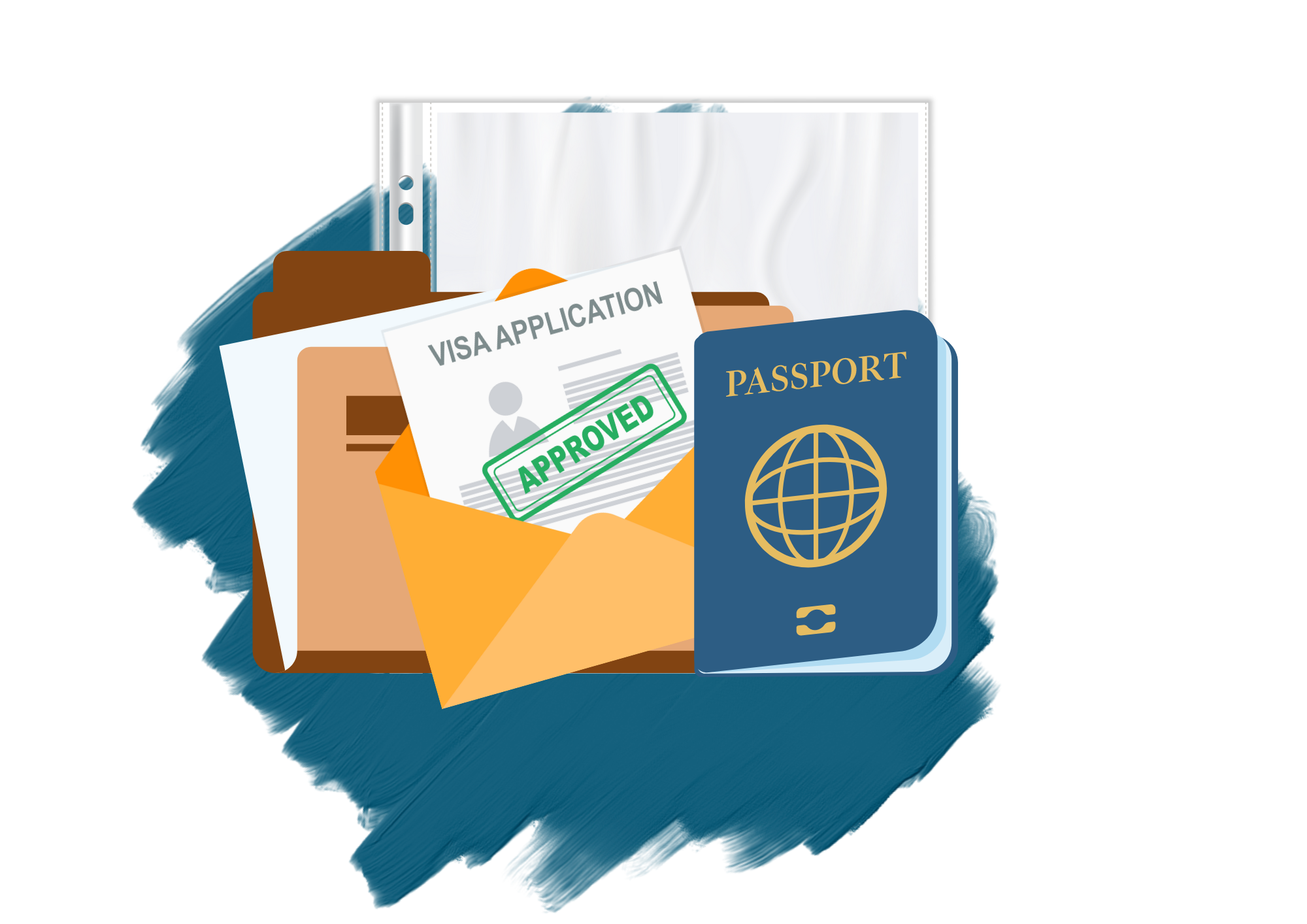
It is a clear-cut message that your study visa will be refused if you fail to present your complete documents or even if you present a complete but faulty paper.
You should have correctly filled forms, recent photos, valid documents and a passport, as the visa officer will use them as the base to finalize if you are admissible to Canada or not.
Tip: Ensure that the submitted documents are appropriate, complete, clear, and easy to read.
LOA (Letter of Acceptance)

It is critical to obtain your Letter of Acceptance (LOA) from a designated learning institute in Canada before application. Any failed effort to do so will create doubt about the validity of your LOA.
Tip: Always meet the minimum entrance requirement of the individual university/college.
English Language Proficiency
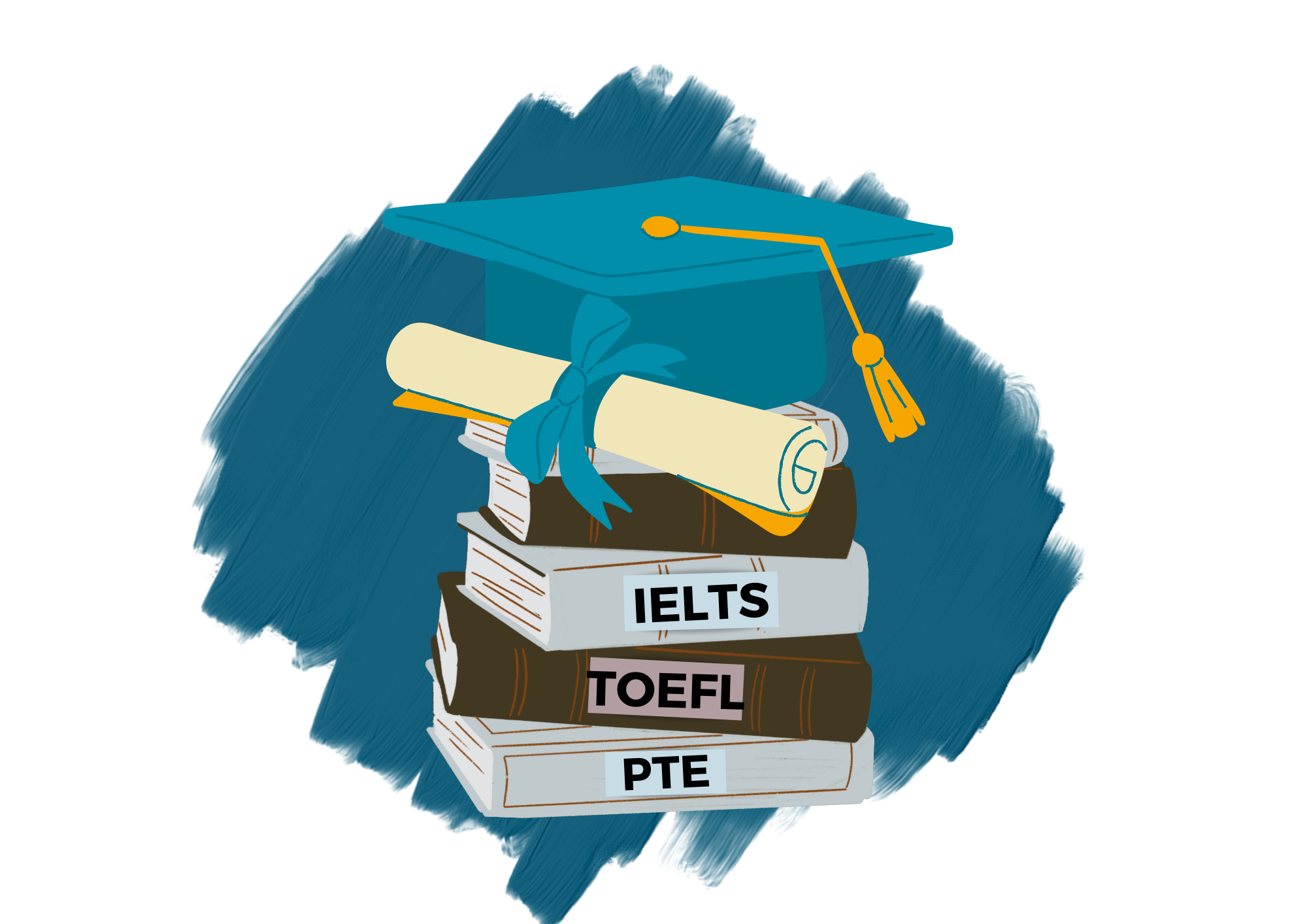
English Language Proficiency (IELTS / PTE / TOEFL) is equally important as consistency in your academic performance.
As non-native English speakers, you will be required to showcase your English Language score and must reach the minimum requirement of the DLI, which is often an overall band score of 6.5 (with 6 band scores on each section) for IELTS. As for PTE, you will require 60 overall, while you require a minimum TOEFL score of 80 to 100 on the internet-based test (iBT) for undergraduate programs and a minimum score of 90 to 100 on iBT for post-graduate programs.
Tip: Though some Canadian colleges and universities accept Duolingo, we do not recommend going for this particular test as it may create issues with Immigration.
Read here>>> IELTS Requirements For The Canadian Universities
Financial Lack

Insufficient funds or any hint of financial lack moves straight to the Canadian study visa rejection. During application, one must provide a bank statement or certificate justifying that you can support yourself while studying in Canada.
Tip: Do not only focus on the minimal required amount. In fact, include all the sources of your fund and provide evidence or supplementary documents to prove that you can fund yourself for more than a year.
Reasoning For Your Return
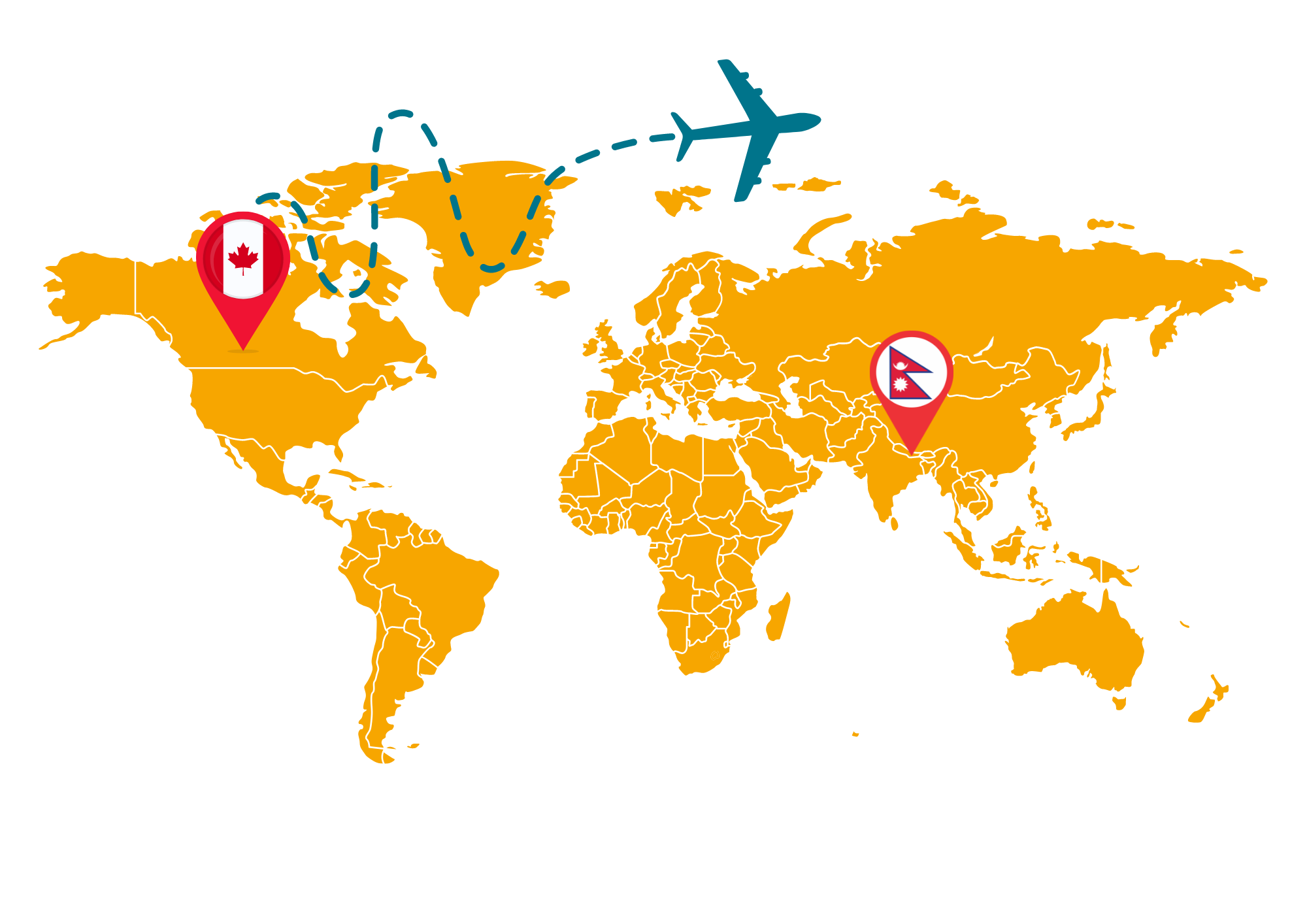
By any means, you should not fall under the suspicions of the visa officer regarding your return after the visa expires. Yes, the student visa has a certain time limit, and they expect you to return to your home country after completing your studies.
Hence, you must present papers and clear your intention to return back by the end of your authorized stay.
Having said that, the Canadian student visa is a temporary visa; you will have no restriction to extend your visa stay with proper reasoning and even apply for permanent residency.
Chances After Refusal
Chances of getting acceptance after the first refusal depends upon the reason why your visa was rejected. If it is due to any of your missing documents or financial insufficiency, you can always go back and improvise it for a better chance of acceptance.
So, refusal or no refusal, you can always give a second chance to a Canadian study visa. Altogether, we hope this basic guideline will give you an overview. Good Luck!
For personalized counseling on your journey, contact us at 9820555444.
